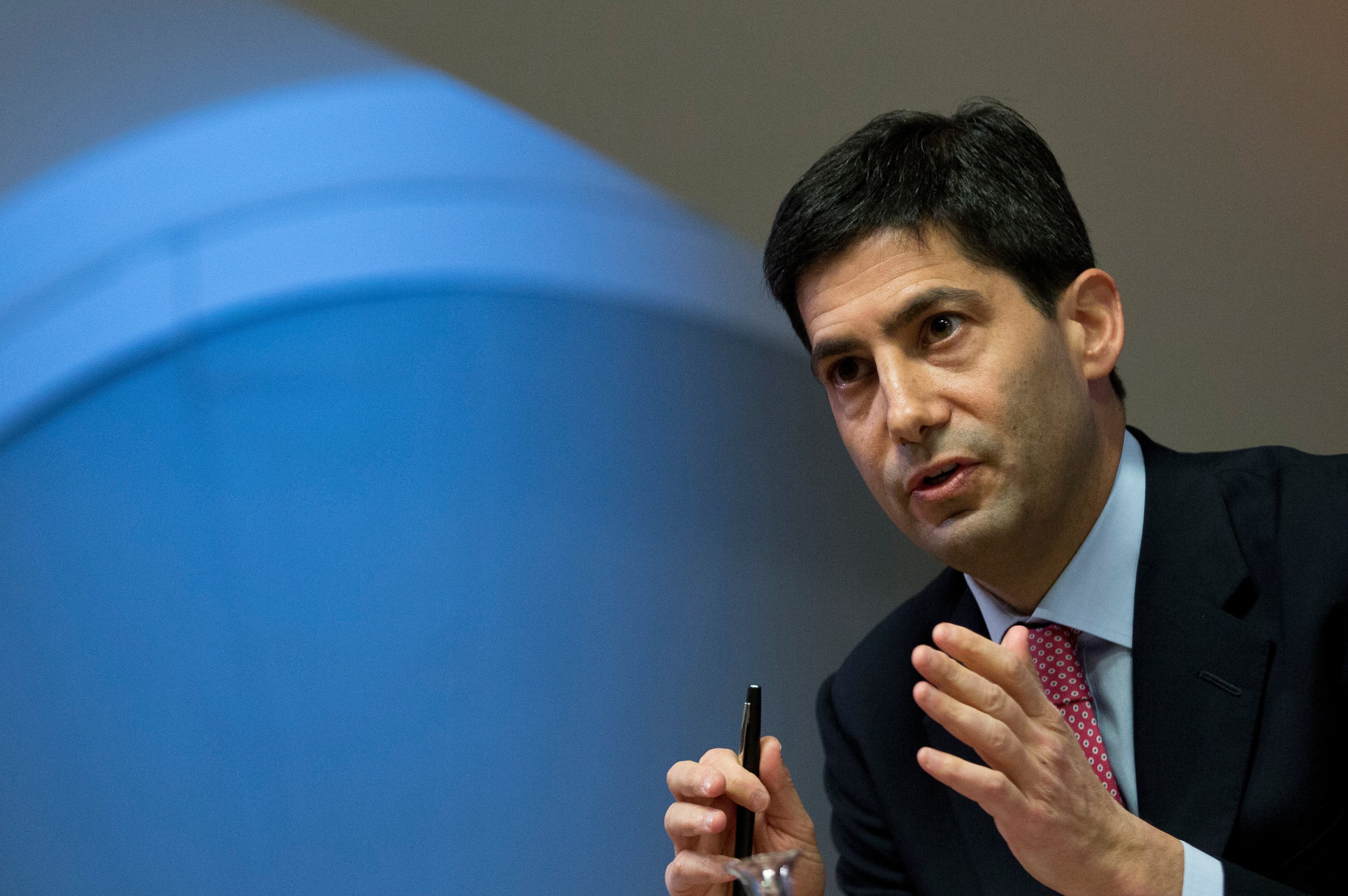Georgia Power cutting 270 jobs and closing 100-plus offices
Georgia Power said it is closing more than 100 customer service offices state-wide, but nearly doubling the number of locations in grocery stores and other spots where customers pay bills.
The Atlanta electric utility said the cost-cutting move is being driven by a shift by many customers to online bill payments and automatic monthly payments, which now account for more than half of all transactions.
“These changes will better allow us to meet the changing needs of our customers and provide them with world-class service at the lowest possible rates,” Georgia Power spokesman Jacob Hawkins said in an email.
By mid-October, Georgia Power said, it will cut the number of business offices from 131 to 27. The remaining offices are its busiest, the company said, with most handling more than 100,000 customer transactions a year.
The offices typically handle a wider range of customer services than the store-based locations, and can accept a wider assortment of payment options, including checks and credit cards.
Georgia Power has closed at least one local office; its Decatur office at 2050 Lawrenceville highway was closed last week, according to the company's web site. Customers can check which locations are open on Georgia Power's web site.
The changes will result in about 270 job cuts by year-end, the company said. Georgia Power said most affected employees can apply for other jobs at the firm, but didn’t say how many are likely to get other positions.
Meanwhile, the firm said it plans to add about 2,600 "authorized payment locations" by year-end, boosting its current network of the remote payment spots to 5,300. Georgia Power first announced in 2014 that it was rolling out a network of more than 2,600 authorized payment locations at grocery stores, banks, drug stores and other shops.
The remote payment locations allow customers to pay bills, including on evenings and weekends, at a lot of stores where they normally shop, such as Kroger, Walmart, Publix, and Piggly Wiggly supermarkets.
But the convenience also comes at the cost of a $1.50 fee per transaction, and customers can only pay bills with cash or, in some locations, debit card, but not by credit card or check.
Customers should also have their power bill or account number with them when they pay.


